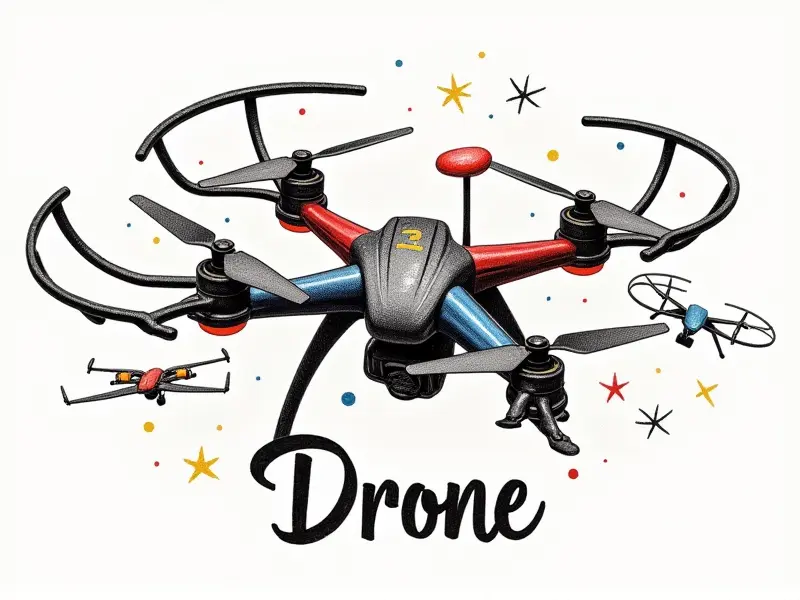Drone repair school or training?

Should I Attend Drone Repair School?
Choosing between attending a drone repair school and pursuing DIY training is a significant decision for anyone interested in the field of drone technology. While both options have their merits, understanding the benefits and drawbacks can help you make an informed choice.
DIY vs. Drone Repair Training
Do-it-yourself (DIY) learning offers flexibility and cost-effectiveness but may lack structured guidance and certification. On the other hand, formal drone repair training provides a comprehensive curriculum, hands-on experience, and industry-recognized credentials.
Benefits of Drone Repair Certification
- Industry Recognition: Certifications are widely recognized by employers and can open up more job opportunities.
- Structured Learning: Formal training ensures a systematic approach to learning, covering all necessary aspects of drone repair.
- Networking Opportunities: Schools often provide networking events where you can meet industry professionals.
Skills Needed for Drone Repair
- Technical Knowledge: Understanding the inner workings of drones, including electrical systems and mechanical components.
- Maintenance Practices: Regular servicing and troubleshooting common issues to ensure optimal performance.
- Software Proficiency: Familiarity with drone software for data analysis and flight planning.
Is Drone Repair School Worth the Cost?
The cost of attending a drone repair school varies but often includes tuition fees, materials, and certification exams. While this can be significant upfront, the long-term benefits such as better job prospects and higher earning potential make it worthwhile for many individuals.
Finding the Right Drone Repair Course
- Research: Look into different schools and their curricula to find one that suits your needs.
- Reviews: Check online reviews from past students for insights on course quality and effectiveness.
- Contact: Reach out to admissions officers or current students for more information.
Starting a Career in Drone Repair
Once you have completed your training, it's time to start looking for job opportunities. Many industries, such as agriculture, construction, and media, rely on drone technology, creating numerous career paths.
Top Tips for Aspiring Drone Technicians
- Stay Updated: Keep abreast of the latest technological advancements in drones.
- Niche Specialization: Focus on a specific area within drone repair to stand out in the job market.
- Build a Portfolio: Document your projects and repairs to showcase your skills.
Essential Skills for Drone Technicians
- Problem Solving: Ability to diagnose and fix complex issues efficiently.
- Attention to Detail: Precision is crucial when working with delicate electronic components.
- Communication Skills: Effectively communicating with clients or team members about repair status and recommendations.
Mastery of Drone Repairs: School vs. Self-Taught
While self-taught learners can achieve mastery through dedication and practice, formal education provides a structured path to proficiency. Both methods have their strengths; the key is finding what works best for you.
Conclusion
The decision between attending a drone repair school or pursuing DIY training depends on your personal learning style, financial situation, and career goals. Formal education offers comprehensive training and industry recognition, while self-study provides flexibility and cost-effectiveness. Regardless of the path chosen, mastering drone repairs requires dedication to continuous learning and hands-on experience.

